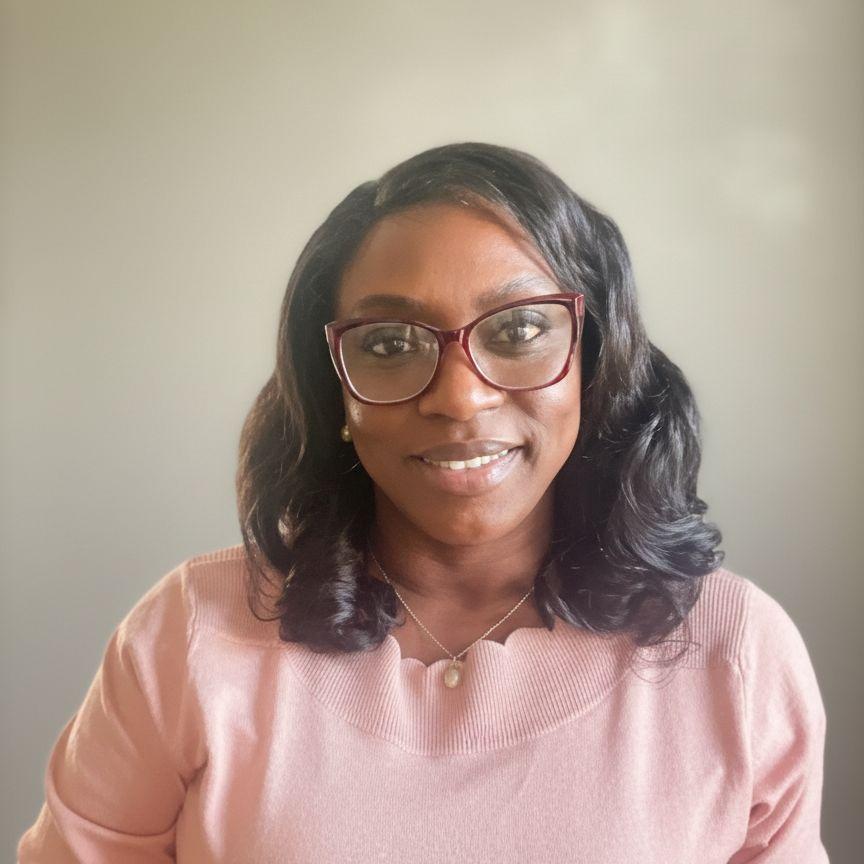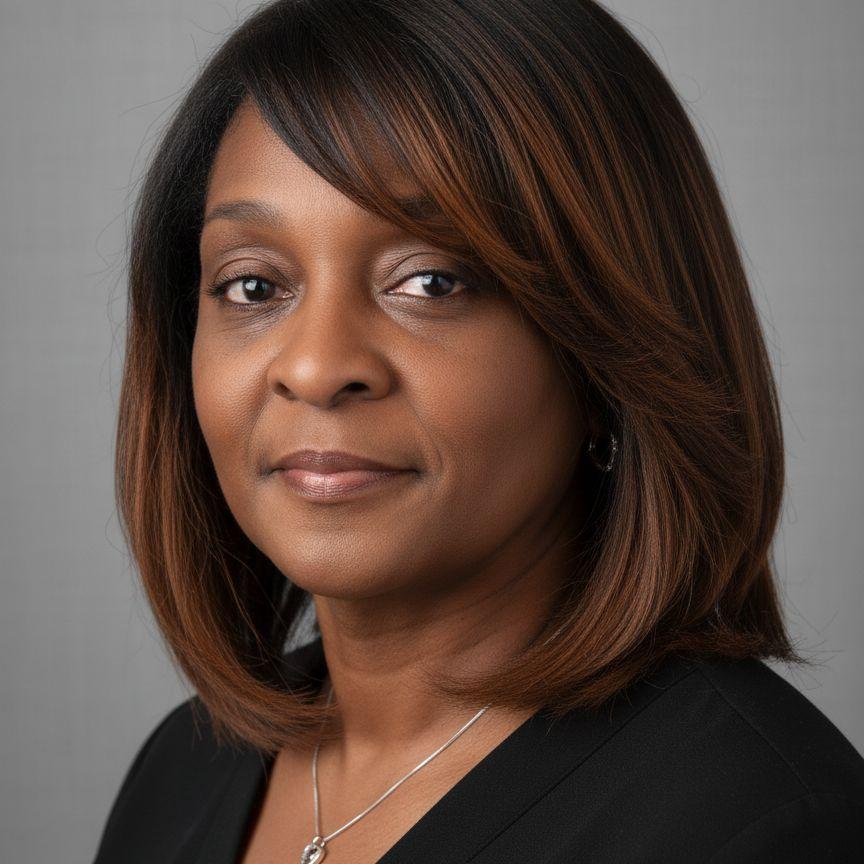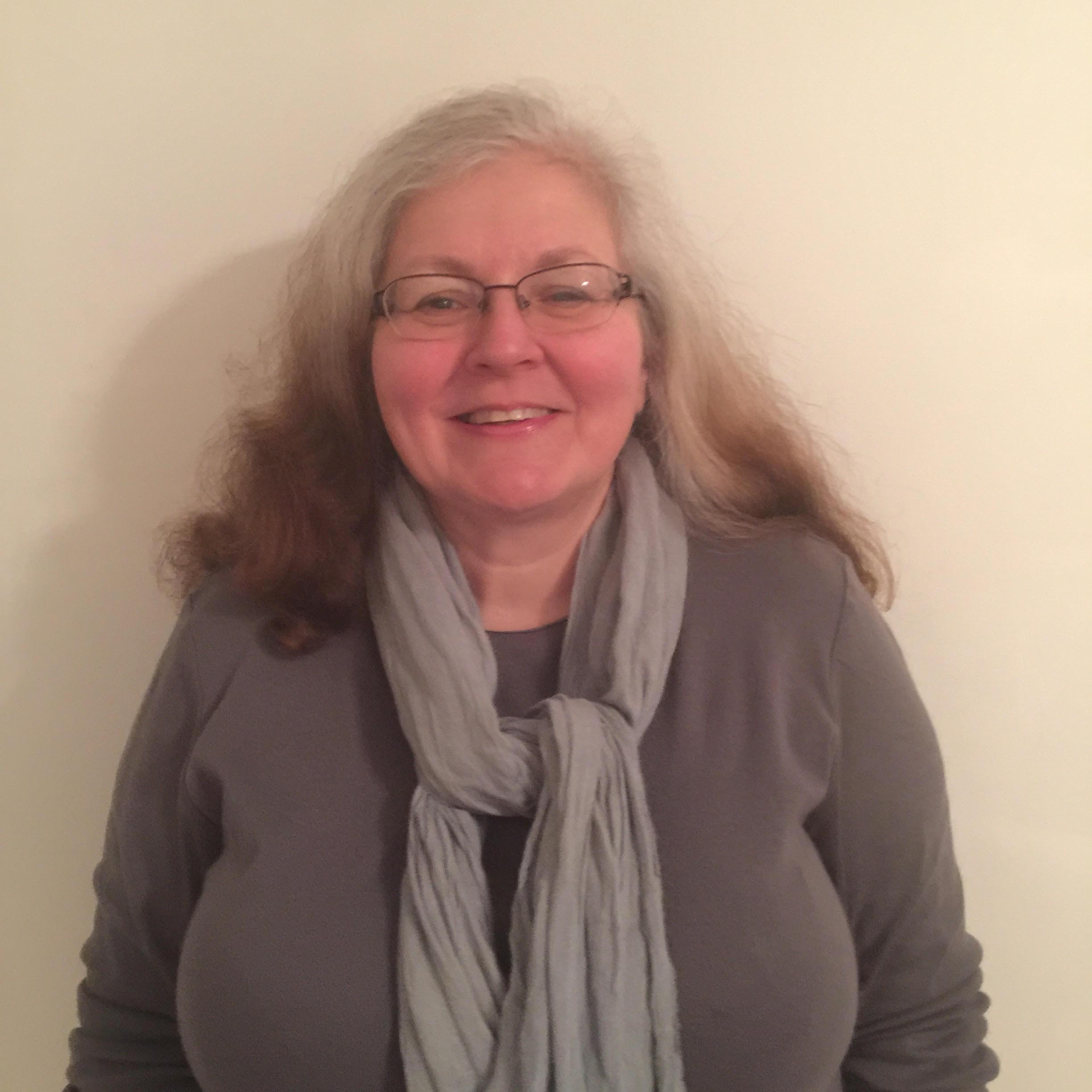Grief and bereavement are profound emotional experiences that can significantly impact our lives, especially following a disaster or traumatic event. Grief is a natural response to loss, encompassing a range of feelings that may include sadness, anger, confusion, and even physical symptoms. Bereavement, on the other hand, specifically refers to the grief experienced after losing a loved one, marking a deeply personal journey through sorrow and adjustment. Read on to explore the importance of seeking Grief and Bereavement Therapy — and discover how to find various resources available in your area to help navigate these challenging emotions and find support during difficult times.
What is grief counseling and bereavement counseling?
Grief counseling and bereavement therapy are specialized forms of support designed to assist individuals in navigating the complex emotions that accompany loss, according to the American Psychological Association (APA). These therapeutic approaches provide a safe space for individuals to express their feelings, process their grief, and develop coping strategies to manage their pain. Grief can manifest in various forms, including anticipatory grief, which occurs before a loss.
Complicated grief, marked by prolonged and intense sorrow, and disenfranchised grief, which arises when a person's loss is not publicly recognized or validated. Through counseling, individuals can gain insight into their unique grieving process, learn to honor their feelings and find a path toward healing and acceptance after experiencing the loss of a loved one or other significant life changes.













